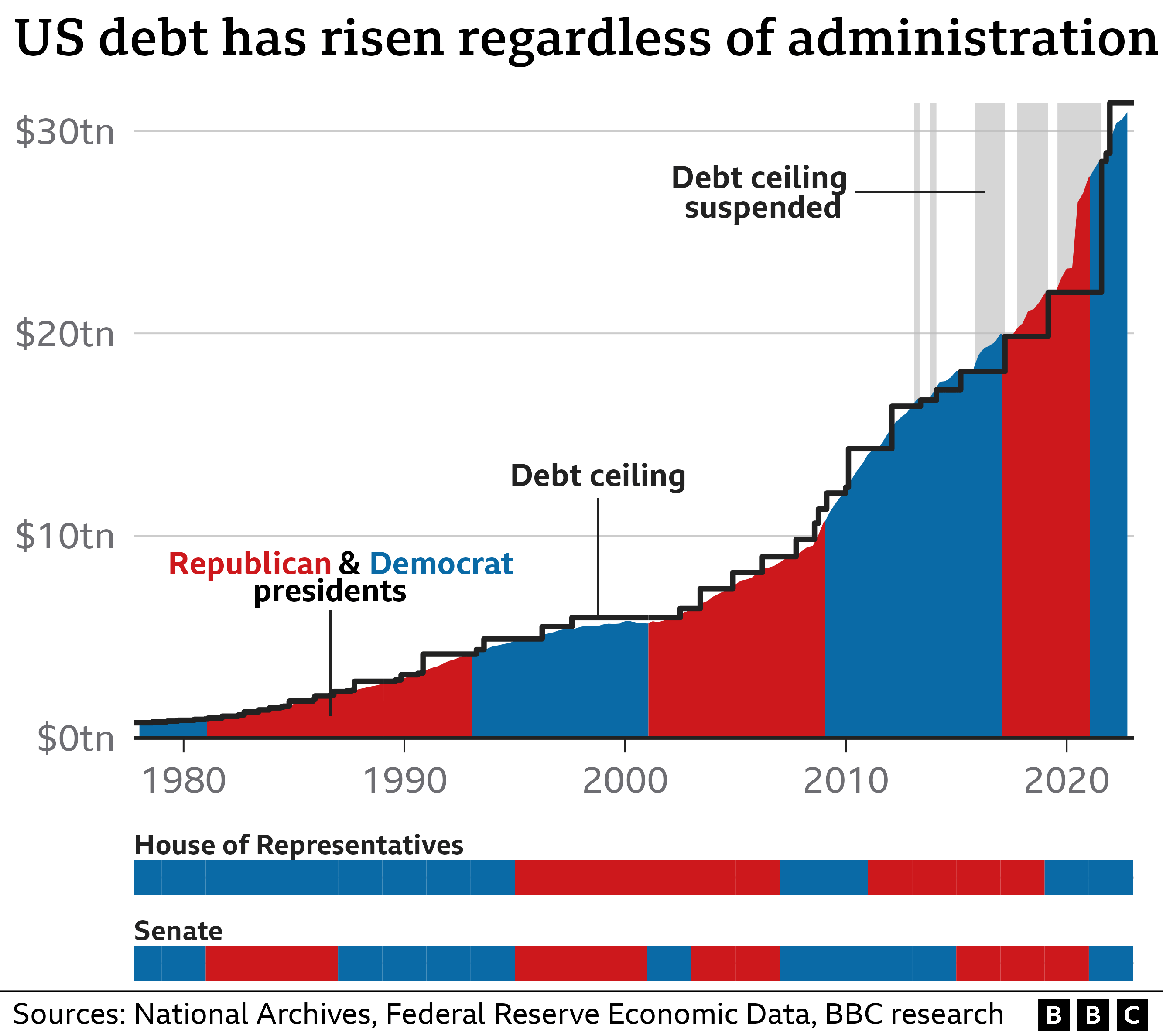Biden’s 2024 Budget and What It Means

I told her that ever since I was a child I couldn’t recall a single presidential administration that avoided criticism from its opponents for its lavish overspending. The graph at left shows that the national debt has risen steadily regardless of which party is in office. The only real difference is that Republicans like to spend on national defense, and Democrats favor social programs that are aimed at providing long-term value to our society via better education, universal healthcare, etc.
Here’s Biden’s budget for 2024. Feel free to scan through the headers to get a general sense for the key issues that he and his people propose to address. In addition to the traditional focus, there is special emphasis on infrastructure, which is normally construed to mean roads, bridges, tunnels, airports, railroads, but here is expanded to include clean energy and transportation. He’s taking a position that Republicans find outrageous: that perhaps we should join our scientists and acknowledge the fact that our environment is in the process of collapse, and that the U.S. government should play a role in mitigating that catastrophe.
The budget supports itself by raising taxes on billionaires and corporations, and it accomplishes that, in the main, by closing loopholes. Wealthy people’s income is essentially all capital gains, taxed at significantly lower rates than everyday Americans’ ordinary income; that difference goes away. And rich people can afford top-level tax attorneys who know how to game the system on behalf of their clients who have no problem in shelling out thousands of dollars per hour for professionals at the very pinnacle of this (arguably criminal) artform. That vanishes with a mandatory minimum 25% tax on the income of the top 0.01%.
Maybe we should be asking ourselves where this all ends. Some economists are unconcerned with our $30 trillion debt given its relation to our GDP per capita. OK, but what happens when our GDP per capita starts to crash? Keep in mind that this can happen in dozens of different ways.
Here’s one: Republican congresspeople, driven by billionaire donors, successfully convince American voters that climate and epidemiological scientists are frauds, and that, as a result, the United States becomes marginalized in world affairs? Other developed countries’ policies will be based on fact, and ours will be rooted in the whim of our uber-rich.
So what happens then? We will become a shambles. And, the saddest part of all, we will have gotten precisely what we so richly deserved.
